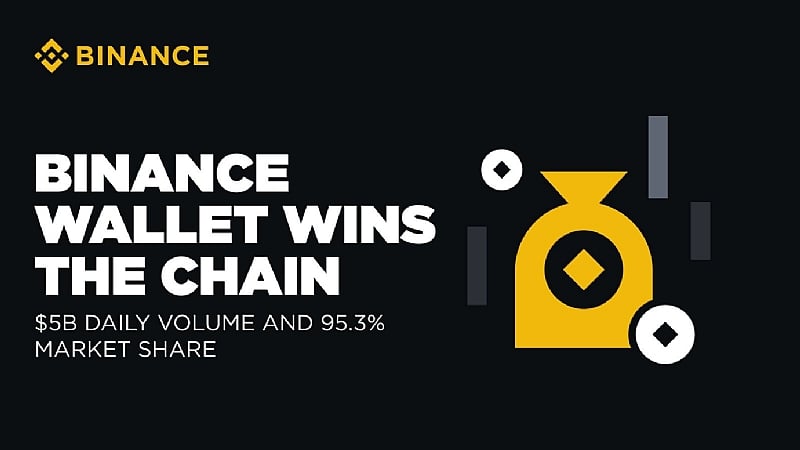The traditional narrative of success for African youth, often centered around established professions like medicine, law, and engineering, is being challenged by a burgeoning wave of interest in Web3 technologies. This decentralized digital ecosystem offers a compelling alternative, especially in the face of high youth unemployment rates and limited opportunities in conventional career paths. No longer a niche concept, Web3 is rapidly gaining traction as a viable career option, attracting a generation of digitally native, mobile-first young Africans who are eager to explore the possibilities of this new frontier. This paradigm shift is not just about adopting a new technology; it represents a fundamental change in how work is perceived and pursued, empowering individuals to forge their own paths in a dynamic and evolving digital landscape.
The allure of Web3 lies in its inclusivity and borderless nature, where skills and ambition take precedence over geographical location or traditional qualifications. This democratized approach offers a refreshing contrast to saturated job markets and opens doors for young people to engage in innovative and fulfilling careers. The growing adoption of Web3 across Africa is evident in the increasing number of young people actively participating in this space, from creating NFT art to hosting online discussions about cryptocurrency. This represents a significant shift not only in career aspirations but also in mindset, as youth embrace the potential of Web3 to shape their future and contribute to a global digital economy.
The scope of Web3 extends far beyond technical roles, encompassing a diverse range of opportunities. Content creators and educators play a crucial role in demystifying blockchain technology for broader audiences, while project managers and community leaders build trust and facilitate collaboration within decentralized communities. Designers and product thinkers focus on creating user-friendly crypto experiences, and legal and policy specialists navigate the regulatory landscape to ensure responsible innovation. This multifaceted ecosystem welcomes individuals with various skill sets and backgrounds, fostering a collaborative and inclusive environment for innovation.
The rising demand for Web3 skills is evidenced by the overwhelming response to educational initiatives and training programs. Recognizing the importance of access to education, organizations like Binance are actively investing in making Web3 knowledge readily available, practical, and tailored to the African context. Through partnerships with educational institutions and youth networks, they are creating pathways into Web3 careers, even for those without prior coding experience. This commitment to education underscores the belief that blockchain literacy is a vital skill for the 21st century, empowering young Africans not just as consumers of crypto but as active creators and builders in this evolving digital landscape.
The impact of Web3 in Africa goes beyond individual career advancement. Young entrepreneurs are leveraging blockchain technology to build platforms that foster community empowerment and economic inclusion. Projects like Momint demonstrate the potential of Web3 to support creators and institutions in monetizing content and funding impactful initiatives, ranging from preserving cultural heritage to promoting sustainable development. These endeavors highlight the transformative power of Web3 to address real-world challenges and create positive social impact at scale.
The narrative surrounding success for African youth is being rewritten, driven by the dynamism and potential of Web3. This new generation is not passively waiting for opportunities; they are actively building the future of work, block by block, in the decentralized realm of Web3. From students exploring new career paths to creatives seeking innovative platforms and entrepreneurs driving social impact, Web3 offers a space for everyone to participate and contribute. This transformative technology is not just a trend; it’s a fundamental shift in how we work, learn, and interact, empowering young Africans to shape their own destinies and contribute to a more inclusive and innovative global future.


